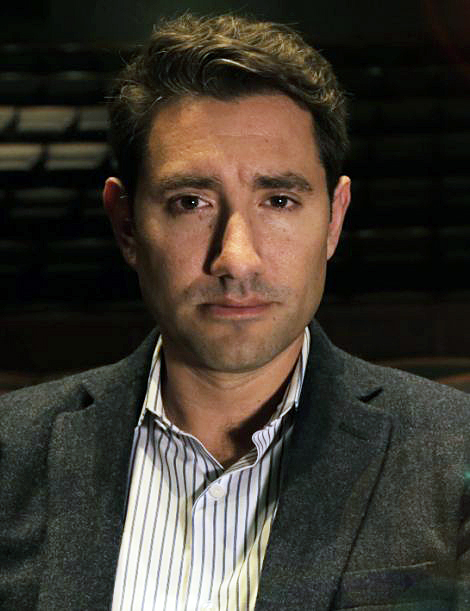
A Hollywood Honor
Ross Melnick won’t be walking on the red carpet, but he is being honored by the organization that bestows Oscars. An associate professor of film and media studies at UC Santa Barbara, he has been named a 2017 Academy Film Scholar by the Academy of Motion Picture Arts and Sciences.
The honor, one of two for scholars bestowed by the academy, will support Melnick as he writes a book on the history of Hollywood’s foreign ownership and operation of hundreds of theaters around the world.
“I was very humbled to be named a 2017 Academy Film Scholar,” Melnick said. “It’s quite an esteemed list of scholars who have been previously honored by the Academy of Motion Picture Arts and Sciences with this award. I’m truly grateful to the Academy.”
Given to support new works of film scholarship, the award comes with a $25,000 grant. Also honored was James Tweedie, an associate professor of comparative literature, cinema and media at the University of Washington.
“Coming on the heels of a National Endowment for the Humanities fellowship, this prestigious award places Professor Melnick in the league of leading U.S. film scholars such as Charles Musser (Yale), Jain Gaines (Columbia) and John Belton (Rutgers),” said Bhaskar Sarkar, associate professor and chair of UCSB’s film and media department. “We are thrilled with this remarkable recognition, and look forward to his work that not only sheds light on the largely neglected question of Hollywood’s film exhibition infrastructures, but also places it in a global context.”
In his book project, “Screening the World: Hollywood’s Global Exhibition Empires,” Melnick examines the political, cultural and industrial history of the American film industry’s theaters in Asia, Africa, Europe, Australia and South American from 1923 to 2013. These American-run cinemas secured first-run distribution for Hollywood films in key global cities like Cairo, London, Lima and Calcutta, he noted, but also placed American brand names and theaters directly into politically, culturally and industrially complex markets.
But the theaters generated substantial controversy. Melnick said 20th Century-Fox’s African cinemas were sites of racial segregation and diplomatic crisis; Paramount’s British cinemas were boycotted by local exhibitors concerned about American hegemony; MGM’s Metro Cinema in Cairo was attacked three times due to political protests; and Warner Bros.’ cinemas in Havana were sites of numerous labor conflicts between the American studio, local unions and the Cuban government.
“In the end, Hollywood’s foreign movie theaters were often the key flashpoint for local consternation over the United States’ growing soft power and Hollywood’s cultural and industrial expansion,” he said.



